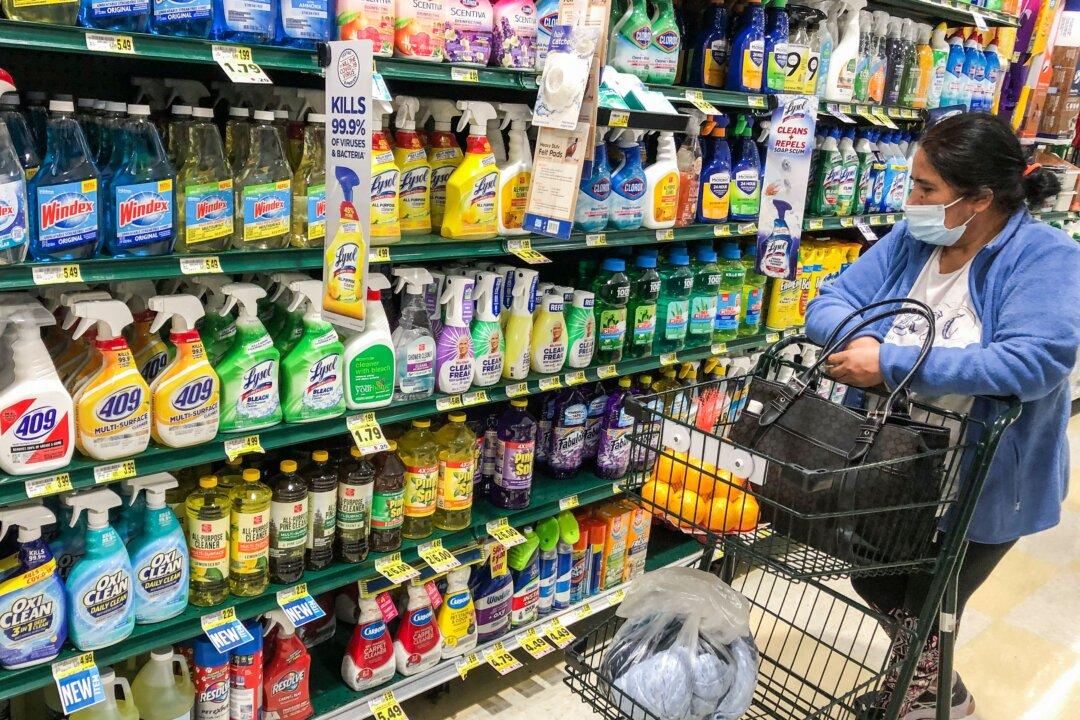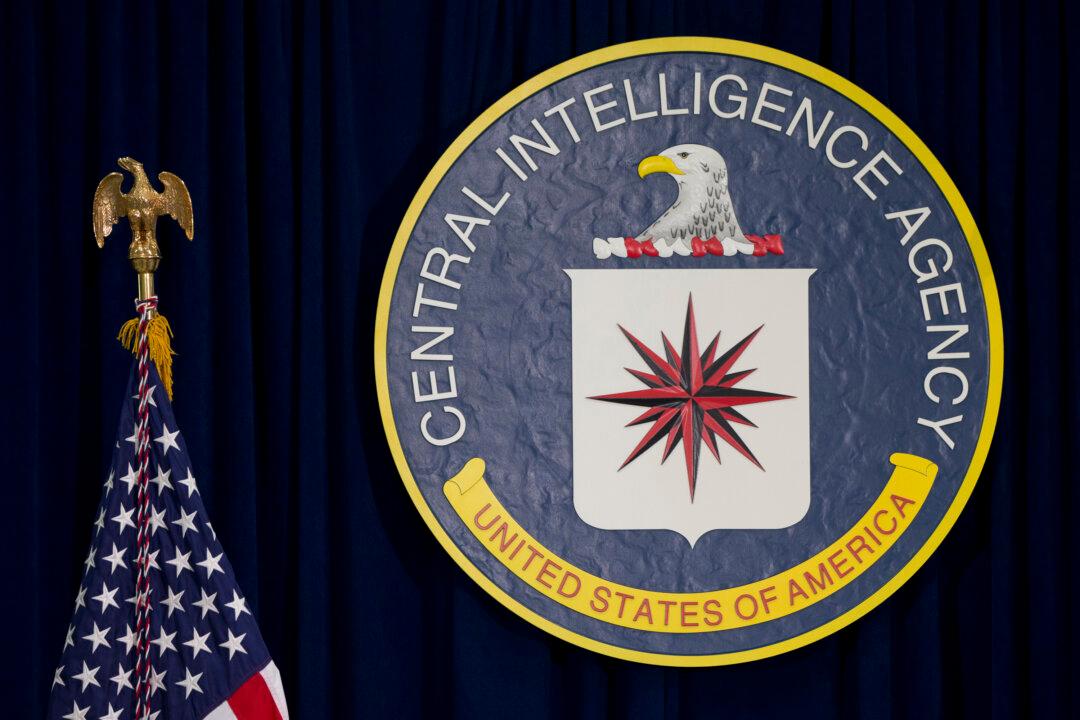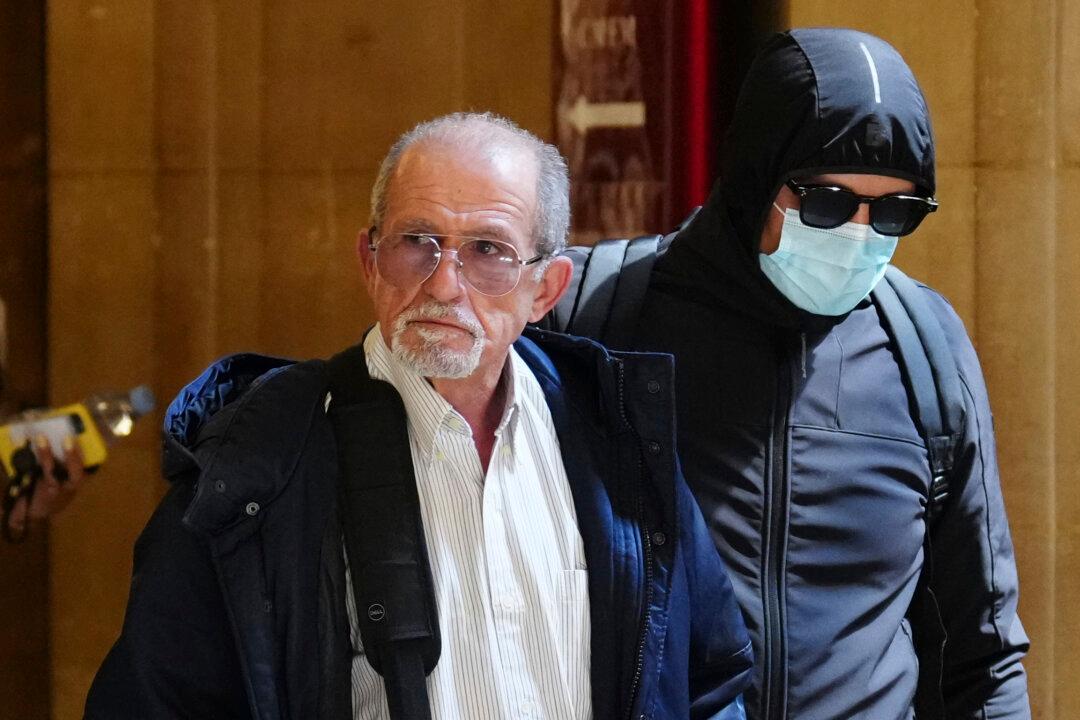On Monday, the Environmental Protection Agency (EPA) finalized a ban on two chemicals known for their potential to cause cancer, which are present in a variety of commercial and industrial products.
The ban restricts the use of trichloroethylene (TCE) and perchloroethylene (PCE), two carcinogenic organic solvents that can be used interchangeably.





